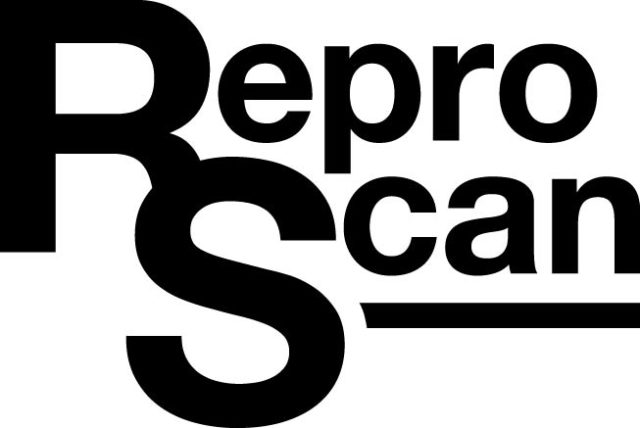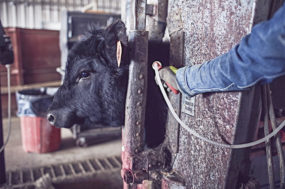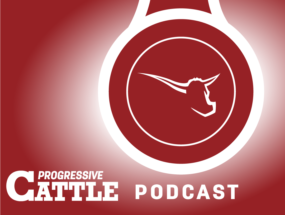If you’ve been following the 2015 Dietary Guidelines Advisory Committee (DGAC) as they work to develop the updated guidelines, you’re familiar with the controversies surrounding this year’s update, ranging from the incorporation of sustainability considerations to the implied recommendation to move to a plant-based diet.
In February, the DGAC submitted its scientific report, a 571-page document examining relevant topics and trends in food and nutrition. As a beef producer, there are a few lines buried within those pages that should raise a few red flags.
“The overall body of evidence examined by the 2015 DGAC identifies that a healthy dietary pattern is higher in vegetables, fruits, whole grains, low- or nonfat dairy, seafood, legumes and nuts; moderate in alcohol (among adults); lower in red and processed meat; and low in sugar-sweetened foods and drinks and refined grains.”
Lean meats didn’t even make the cut as a key part of a healthy diet, with the above sentence accompanied by a footnote stating that lean meats “can” be a part of a healthy diet. In addition to raising questions about the nutritional quality of meat, the report also ventured into the area of sustainability, stating that diets higher in plant-based foods were associated with less environmental impact. Beyond the fact there are differing views on that point, I personally question if this is an area a group of dieticians and nutrition experts are equipped to weigh in on.
If the final set of guidelines calls for a reduction in meat consumption, this will have a direct impact on demand for the beef you produce, while also creating a nutritional void in the diets of so many who otherwise may not have access to protein.
At the Animal Agriculture Alliance, we’re very concerned about how activist groups could use these guidelines as ammunition to fuel Meatless Mondays campaigns and otherwise promote the supposed superiority of a vegan lifestyle. Groups such as the Humane Society of the United States, Compassion in World Farming and The Humane League are already getting involved, attending a recent public hearing to voice their support of Dietary Guidelines recommending decreased meat consumption.
So, while your trade associations and commodity groups work hard here in Washington to combat the idea that meat has no place in the American diet, what can you do?
- Engage on social media
- If you’re active on sites like Facebook and Twitter, make sure to find and follow organizations like the North American Meat Institute and the National Cattleman’s Beef Association. Both groups are working hard to produce information that you can share with your networks that supports the nutritional content of beef, as well as promotes how today’s beef is sustainably produced.
- Here at the Alliance, we recently produced an infographic supporting meat’s role in a healthy diet. By sharing this content with your friends and followers, you can help clear up some of the confusion about meat’s nutritional benefits and the environmental impact of meat production.
-
Sign the “Hands Off My Hot Dog” petition on change.org
- Join other producers and consumers in voicing your concern by signing this online petition. The movement also has a Twitter hashtag: #HandsOffMyHotDog.
-
Submit your comments
- Public comments on the report will be accepted through May 8. Visit the link and take the opportunity to share your thoughts on the possible changes.
Have you been following along with the development of the new Dietary Guidelines? Weigh in on the meaty matter in the comments! ![]()

Hannah Thompson
Communications Director
Animal Agriculture Alliance







